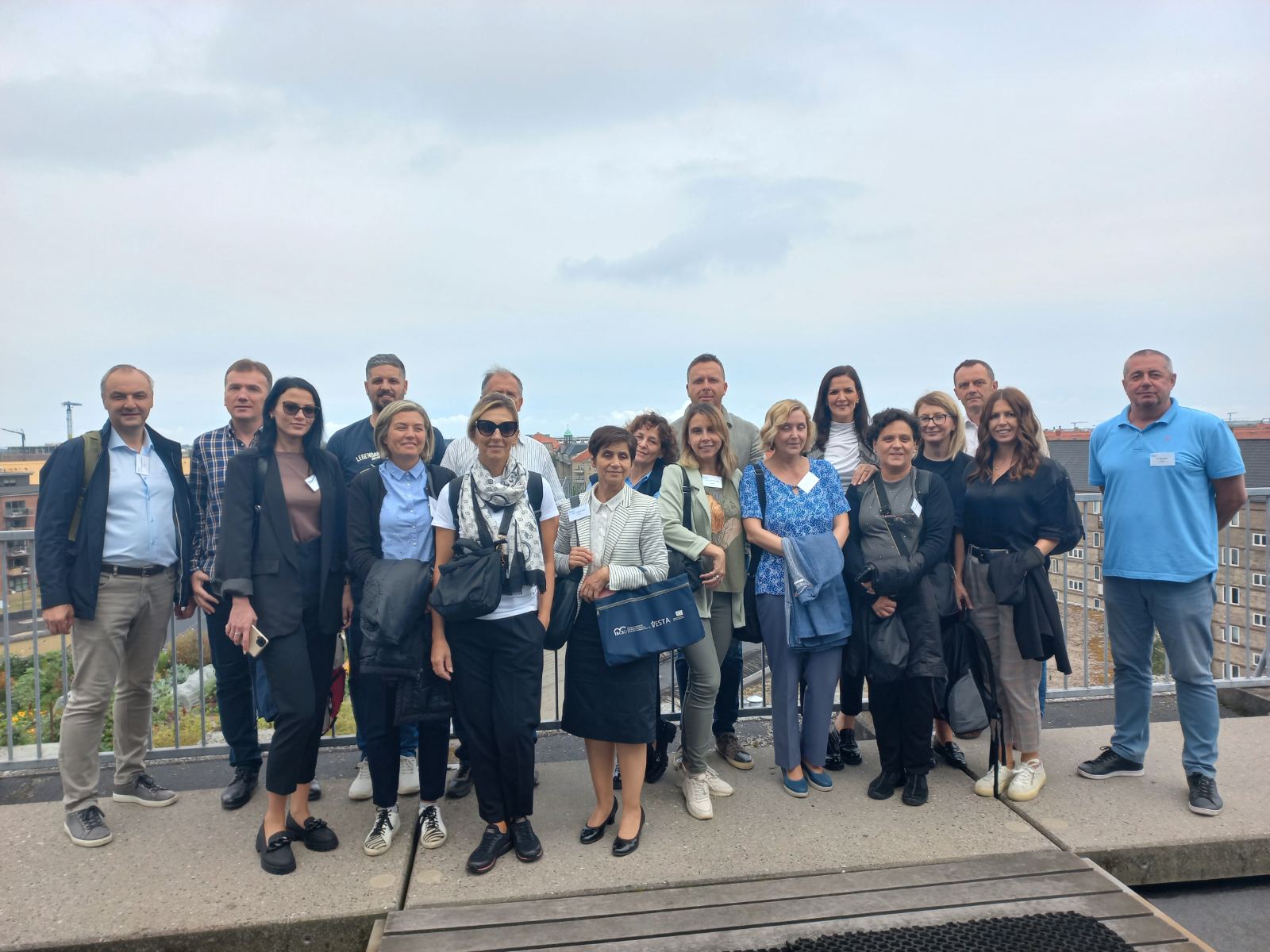Statistics in the Service of Tourism Development in Bosnia and Herzegovina: Key Lessons from Danish Practice
How can tourism statistics in Bosnia and Herzegovina be improved? What should be done to make statistics a strong tool for developing one of the most dynamic branches of the BiH economy? How can data be made more accessible and understandable to users?

Representatives of statistical institutions in BiH sought answers to these questions during a study visit to Statistics Denmark, held from 2 to 4 September 2025, within the EU Twinning project “EU for the further development of the statistical system in BiH.”
Statistics Denmark is recognised as one of the leading institutions in the European statistical community, achieving high standards of quality, reliability and timeliness. Its experience in developing tourism statistics is an example of good practice across the European Union, which is why Denmark was selected as a relevant host—so that BiH institutions could learn from the best and adapt those lessons to the local context.
The visit was a joint activity for both statisticians and colleagues working in international cooperation and project implementation. The programme focused on Danish practice in developing and using tourism statistics, approaches to assuring data quality, and bringing data closer to users. At the same time, colleagues from international cooperation gained valuable insights into working with public authorities to meet European statistical standards, including Eurostat requirements, the work of European committees and relations with the European Commission.
Particular emphasis was placed on the Peer Review process, highlighting practical advice of great value for our preparations for the upcoming assessment of the BiH statistical system’s compliance with the European Statistics Code of Practice (ESCoP), scheduled for May 2026.
The visit also included a meeting at the Embassy of BiH in Denmark that underscored the importance of presenting statistics to the public more effectively—so that data are clearer and more useful, and so they contribute to promoting Bosnia and Herzegovina’s tourism potential internationally.
The programme further featured a presentation of the Tourism Satellite Account (TSA), developed by the Centre for Regional and Tourism Research (CRT) in cooperation with Visit Denmark, as a detailed tool for assessing the economic significance of tourism.
The conclusion is clear: high-quality, well-structured tourism statistics are not merely a technical requirement—they make a concrete contribution to the development of one of the most important sectors of the economy, with strong impacts on local communities, the country’s international visibility and overall economic growth. Participants emphasised that Danish experience offers valuable impetus and guidance for further strengthening BiH tourism statistics and increasing its recognition among users.

